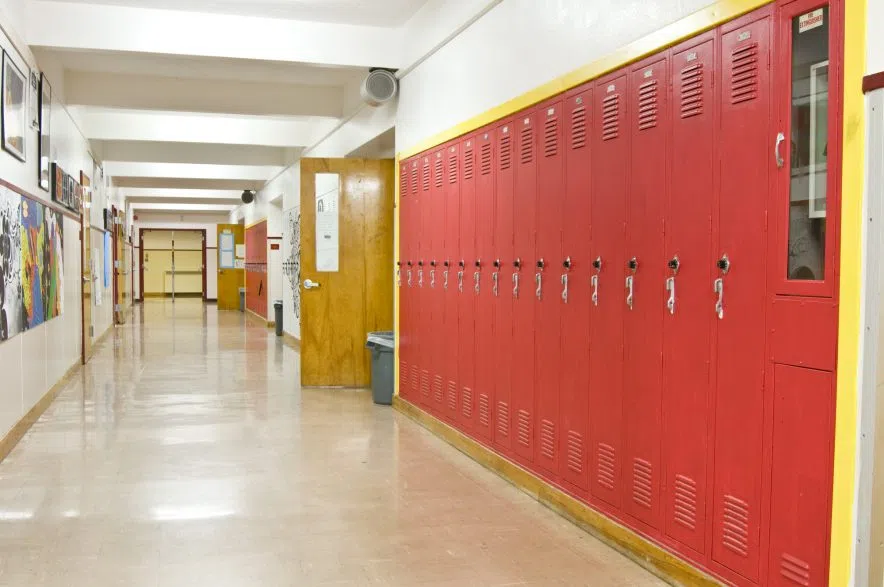Saskatchewan teachers have once again rejected a contract proposal from the provincial government.
The Saskatchewan Teachers’ Federation’s 13,500 members spent two days this week voting on the offer for a three-year contract including salary increases of three per cent in 2023-24 and 2024-25, and a two per cent increase in 2025-26.
Fifty-five per cent of voters opposed the agreement, and 88 per cent of eligible voters cast a ballot, according to a post by STF on Thursday evening.
“In the days leading up to this vote, I stressed that the fight for public education will continue, and our members will determine which forum that battle will take place in. The STF Executive and I will do whatever it takes, for as long as it takes, to get a deal done with the support of our collective to strengthen our profession and public education for current and future students,” said STF president Samantha Becotte in a statement Thursday.
The offer would have added another $18 million in annual provincial funding to address issues of classroom complexity – the number of students who need additional help beyond what teachers normally provide – which has been a sticking point throughout the lengthy contract dispute. That funding would be on top of the four-year increase the province guaranteed in an agreement with school boards.
The offer also would have created a “Minister’s Task Force on Classroom Complexity,” bringing the voices of teachers, students and parents to the table and creating a report for the minister of education.
“I am disappointed by the result of the vote that will reject not only a fair agreement negotiated between government, school divisions and the STF, but one that was endorsed and recommended by the STF executive senior leadership. We will have more to say about next steps very soon,” said education minister Jeremy Cockrill in a statement Thursday.
In a news release, the STF said it invites the Government-Trustee Bargaining Committee to resume negotiations, but they are prepared to resume job action if talks break down.
Teachers overwhelmingly rejected a previous offer earlier this month.
While sanctions from the union have been on hold since negotiations resumed, federation members recently voted to allow the union’s executive to implement sanctions beyond the end of the current school year, until a new contract is settled.
Previous sanctions from the federation have included strikes, work-to-rule measures, and the withdrawal of both noon-hour supervision and support for extracurricular activities.











